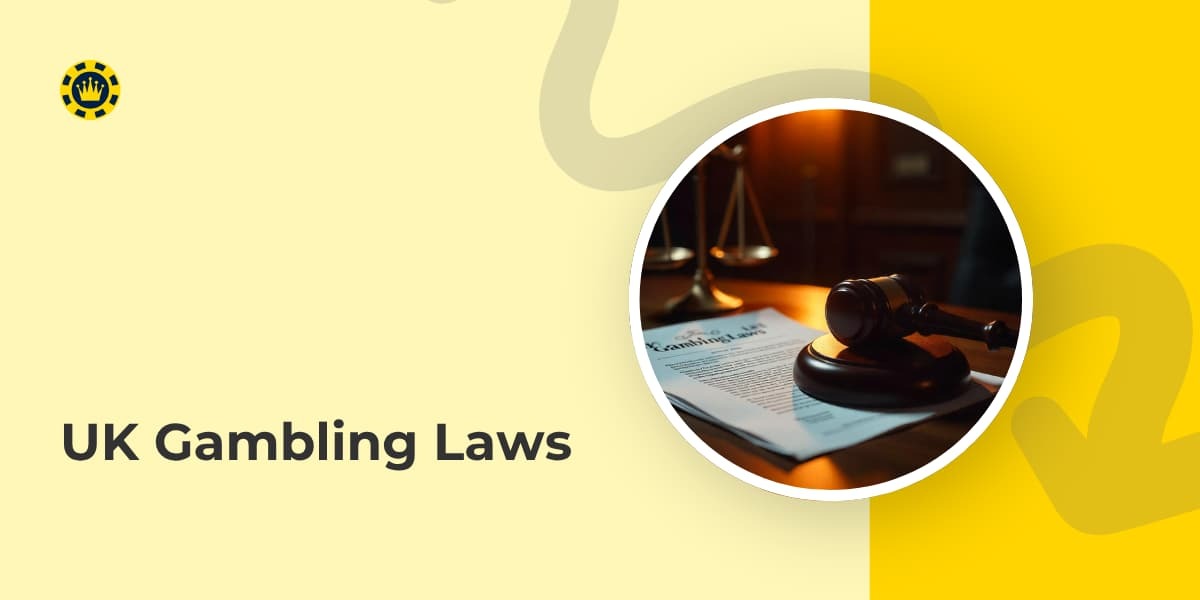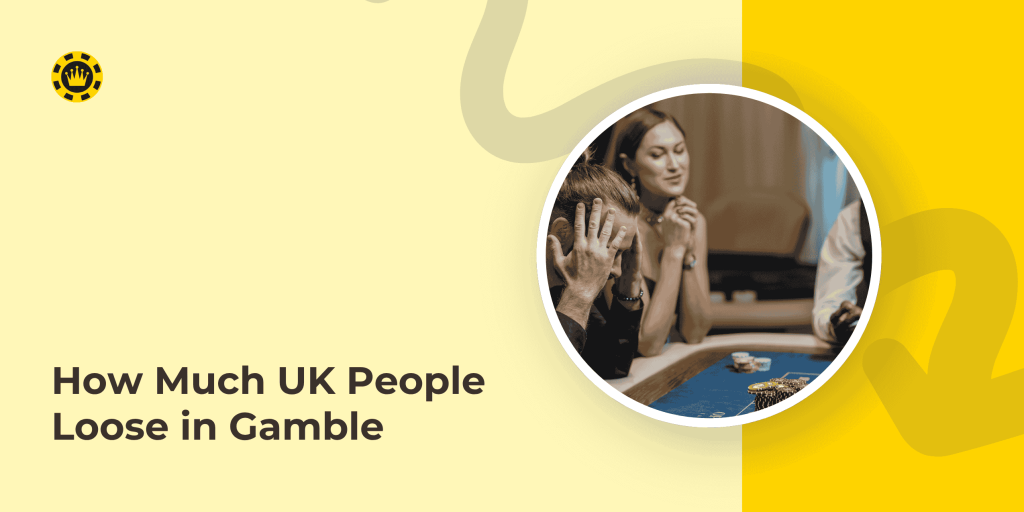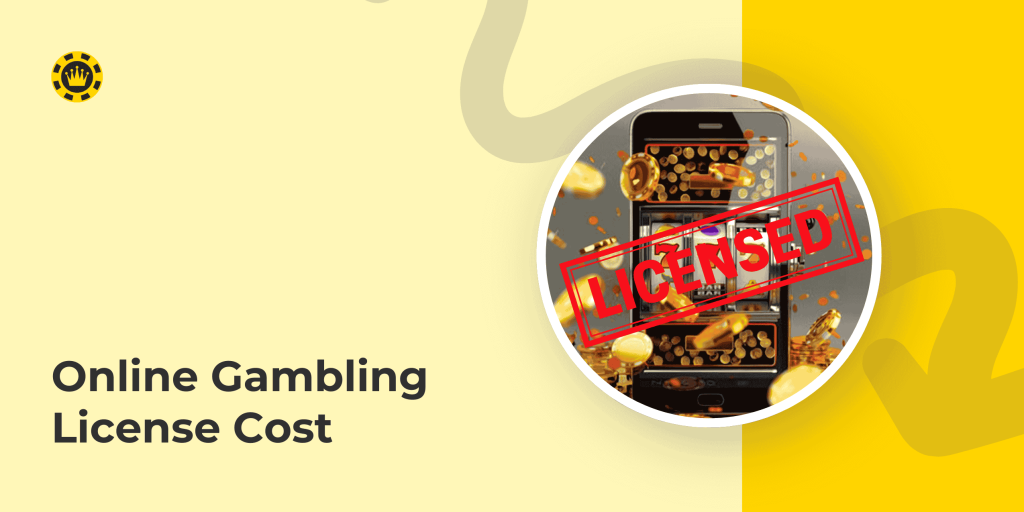Gambling in the UK is regulated under one of the world’s most robust legal frameworks, administered by the UK Gambling Commission, the principal UK gambling authority. The aim is clear: protect players, uphold fairness, and keep the industry free from crime.
From April 2025, new UK Online Gambling Laws limit online slot stakes to £5 per spin for those aged 25 and over, and £2 for players aged 18–24. This measure specifically addresses the higher risks faced by younger adults.
This article outlines the core UK gambling laws, covering licensing rules, online play requirements, age verification, financial safeguards, marketing restrictions, and the difference between legal and illegal gambling in the United Kingdom.
UK Gambling Laws 2026 Update
Key regulatory changes implemented in the 2026 UK Gambling laws include:
- Online slot stakes are capped at £5 per spin for players aged 25 and over, and £2 for those aged 18 to 24.
- Financial risk checks are triggered at a £150 net deposit in 30 days.
- Licensed operators must pay 0.1%–1.1% of GGY as a statutory levy.
- Autoplay, turbo, slam stops banned; 5-second spin minimum for casino games
- Direct marketing requires consent by product type and communication channel.
Gambling Laws in the UK (Explained)
To promote responsible gambling in the UK, it is essential to understand the laws governing these games.
Here is a detailed breakdown of UK Gambling laws:
1. Online Slot Stake Limits
The UK now enforces strict stake limits on online slot games: £5 per spin for players aged 25 and over, and £2 per spin for those aged 18 to 24.

These limits apply per game cycle and are designed to reduce gambling-related harm.
This change aligns online slot limits with those of land-based casinos, with £5 matching B1 machines and £2 for younger adults, due to their higher vulnerability and lower income.
Additionally, a mandatory minimum 2.5-second interval between spins is required to slow down gameplay and promote safer gambling.
2. Financial Vulnerability Checks
Tiered assessment protocols have been introduced to better protect players. Light-touch financial checks now begin once a player’s net deposits reach £150 over a rolling 30-day period.
These initial checks use publicly available data and do not require sensitive personal information such as postcodes or employment details.
For higher deposit levels, enhanced due diligence is applied. The exact thresholds are being tested in pilot programs to strike a balance between effectiveness and privacy.
3. Statutory Levy System
The voluntary industry contributions have been replaced with mandatory payments under the new statutory levy system.
Rates vary by sector, ranging from 0.1% to 1.1% of Gross Gambling Yield.
This ensures steady funding for research, prevention, and treatment services while removing industry control over how the funds are spent.
4. Game Design Regulations
New rules target addictive features in online casino games to promote safer play.
Prohibited elements include autoplay, player-led spin stops, simultaneous multi-game play, and false win celebrations where payouts are equal to or less than the stake.
Operators must also provide real-time displays of spending and session duration to help players stay informed and make informed decisions.
5. Marketing Restrictions
Marketing restrictions require explicit customer consent for promotional communications. Operators must obtain separate permissions for each product category (e.g., casino, sports betting, bingo) and communication channel (e.g., email, SMS, phone).
This empowers consumers with granular control over the gambling advertisements they receive.
6. Age Verification Standards
Age verification standards now extend beyond remote gambling to land-based premises. All gambling licensees must conduct test purchasing operations to ensure compliance.
Staff are required to check identification for customers who appear to be under 25 years old, replacing the previous threshold of 21 years.
7. Gambling Tax in the UK
In the UK, gambling winnings are tax-free, whether you win £50 on a bet or £1 million in the lottery.
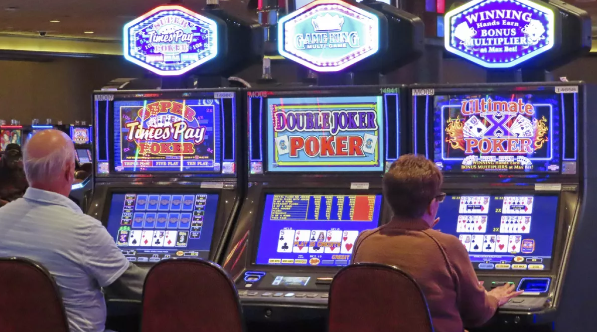
No income or capital gains tax applies to prizes from casinos, sports betting, bingo, or online gambling, a rule in place since 2001 when taxation shifted to operators.
Exceptions include professional gamblers and winnings from overseas, but for most, winnings are paid out in full without deductions.
Role of the UK Gambling Commission
The UK Gambling Commission plays a crucial role in regulating and overseeing all gambling activities to ensure fairness, safety, and compliance across the industry.
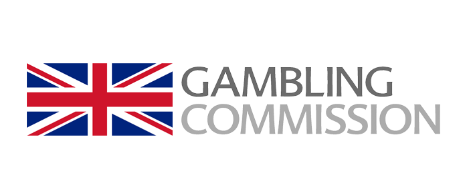
Here’s how the commission works:
- The UK Gambling Commission was established under the Gambling Act 2005 as the primary gambling regulator in Great Britain.
- It focuses on preventing gambling-related crime and ensuring all gaming is fair and transparent.
- The Commission works to protect children and vulnerable adults from the risks of gambling harm.
- It operates independently with the power to license operators, enforce rules, and set industry standards.
- The Commission promotes responsible gambling practices throughout the industry.
- It has introduced confidential reporting services to identify suspicious gambling activities.
What is the UK Gambling Act 2005?
The a represents the foundational legislation governing all forms of gambling in Great Britain, creating a comprehensive regulatory framework that replaced previous fragmented gambling laws.
This Act established the three licensing objectives:
- Preventing gambling from being a source of crime
- Ensuring that gambling is conducted fairly and openly
- Protecting children and vulnerable people from gambling harm.
The legislation introduced the modern licensing system, requiring all gambling operators, software providers, and key personnel to obtain appropriate licenses from the UK Gambling Commission.
The Act also brought remote (online) gambling under statutory regulation for the first time, establishing the foundation for today’s digital gambling oversight.
Licensing Requirements for UK Gambling Operators
The UK gambling industry requires strict licenses to ensure a safe and secure gaming environment.
Here are the vital licensing requirements for you to know:
- Operating Licenses
All gambling businesses serving UK customers must hold operating licenses. This includes online casinos, sports betting, software providers, and land-based venues.
- License Categories and Application
There are various license types, including remote casino, remote betting, and land-based licenses.
Applications require business registration, financial audits, business plans, and due diligence. The process usually takes about 16 weeks.
- Personal Licenses and Compliance
Personal licenses are needed for senior executives and key roles. Recent rules require CEOs and AML officers to hold these licenses.
Operators must also comply with anti-money laundering rules, conduct fair play audits, verify age, and submit regular reports to relevant authorities.
What Are Online Gambling Laws in the UK?
Online gambling laws in the UK establish clear rules to protect players and ensure fair and responsible gaming.
Here are the key online gambling laws in the UK:
- All players must be verified as 18 or older through strict identity checks before playing for real money.
- Operators must provide responsible gambling tools, including mandatory deposit limits, session time controls, and self-exclusion options, such as GamStop.
- Fair play is ensured through certified Random Number Generators and regular third-party audits.
- Advertising rules require operators to get explicit consent for direct marketing, with detailed control over product types and contact channels.
- Players must have easy access to support organizations such as GamCare and BeGambleAware for confidential help with gambling issues.
- Premium license cost for the regions of the United Kingdom and Malta is priced at $500,000 and above.
Legal vs. Illegal Gambling Activities in The UK
Legal and illegal gambling activities in the UK are clearly defined by the law to regulate the industry and protect players.
Here’s an overview of what is considered legal versus illegal gambling in the UK:
| Legal Gambling In UK | Illegal Gambling In UK |
|---|---|
| Licensed and regulated by the UK Gambling Commission. | Operates without a UK Gambling Commission license. |
| Requires verified age checks (18+). | No proper age verification or identity checks. |
| Offers responsible gambling tools (limits, self-exclusion). | Lacks responsible gambling measures. |
| Uses certified, regularly audited games for fairness. | Games are unregulated and may be rigged. |
| Pays required taxes and follows advertising regulations. | Avoids taxes and uses unauthorized or misleading marketing. |
Legal gambling examples include Bet365, William Hill, and other UKGC-licensed operators offering sports betting, casino games, and lottery products with full consumer protections.
Illegal activities encompass unlicensed offshore sites targeting UK players, private betting operations, and any gambling services provided to under-18 individuals.
It is important to note that illegal gambling activities may not be safe in the UK.
UK Gambling Read:
Conclusion: UKGC Protecting Players Through Strong UK Gambling Laws
The UK operates strict gambling frameworks, with the UK Gambling Commission charged with protecting players & ensuring market integrity.
Recent regulatory changes introduce new stake limits, stronger financial risk checks, and tougher rules for operators, all aimed at reducing harm and improving transparency in gambling.
For players, these provisions deliver stronger protections & clearer oversight. For operators, they establish higher compliance standards and greater accountability.
Whatever your role, player, professional, or business owner, knowing the latest UK Gambling Laws is essential for staying compliant and supporting safer play.
FAQs
Yes. Low-stakes gambling, such as poker, is permitted in pubs under strict rules, with no entry fees, no rake, and limits on stakes and prizes.
Private gambling at home is legal if it’s among friends, not open to the public, and no one profits from running the game.
Yes. They are legal if held in a private setting without entry fees or profit; public or profit-based games are illegal.
No. Drinking in pubs is legal, but being drunk on licensed premises is an offence under the Licensing Act 1872.
